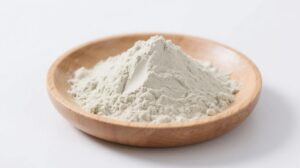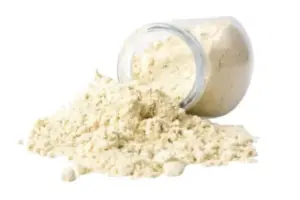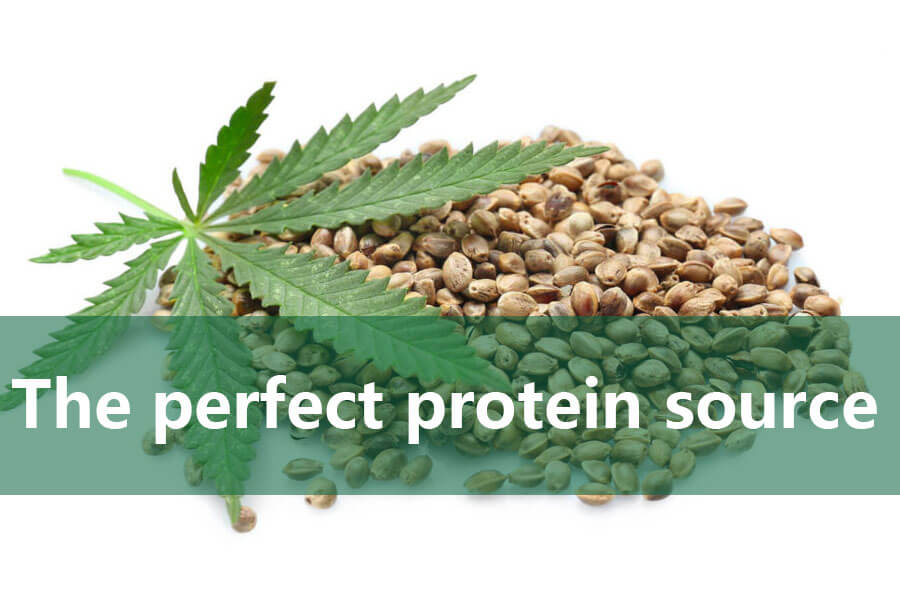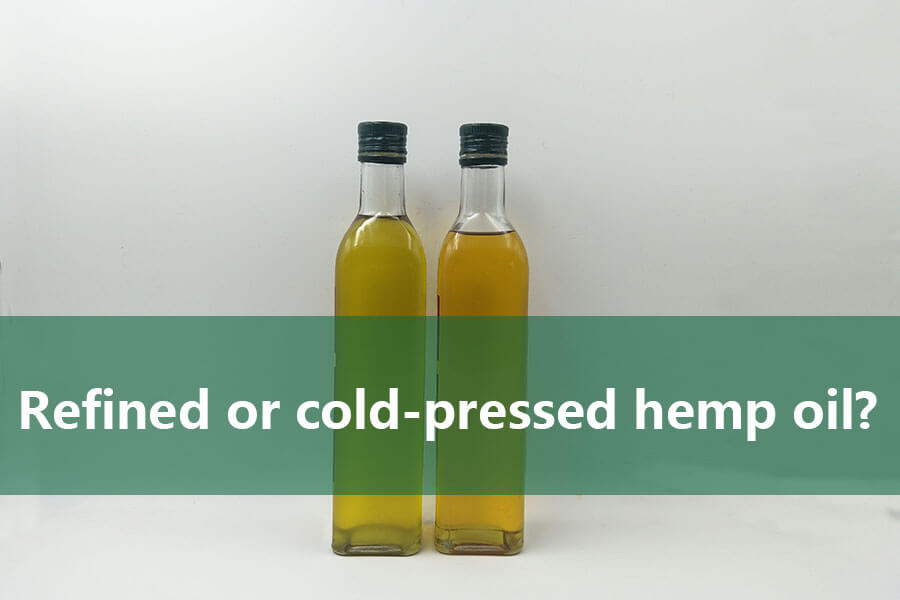As plant-based nutrition evolves, organic hemp peptide powder and organic hemp protein powder have emerged as two distinct superfoods. While both derive from nutrient-rich hemp seeds, their processing methods, bioavailability, and health applications differ significantly. Let’s break down their unique strengths, limitations, and ideal use cases to help you choose the right ally for your wellness journey.
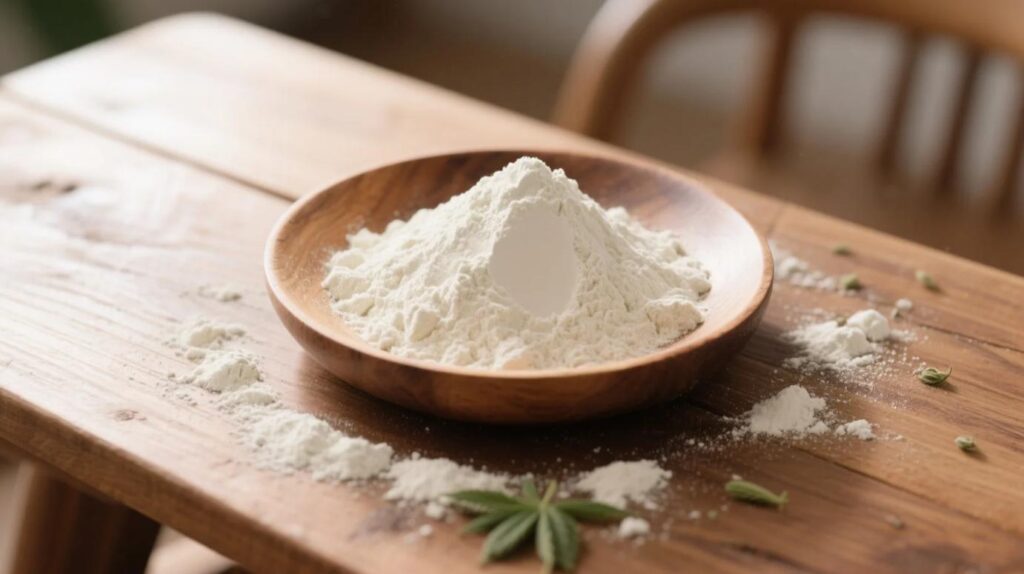
1. Processing & Nutritional Profile
Organic Hemp Protein Powder:
- Production: Made by cold-pressing hemp seeds to remove oil, then milling the remaining seed cake into a protein-rich powder.
- Nutrition: Contains 50–60% protein, 8–10g of fiber, and all nine essential amino acids, with a focus on sulfur-rich methionine and cysteine.
- Key Components: High in edestin (a globulin protein) and albumin, supporting muscle repair and immune function.
Organic Hemp Peptide Powder:
- Production: Derived through enzymatic hydrolysis, which breaks down hemp protein into smaller peptide chains (2–20 amino acids).
- Nutrition: Lower fiber content but higher bioactive compounds like antioxidant peptides (e.g., AGFLGVDEFR, AGLFNSR).
- Key Components: Rich in low-molecular-weight peptides with enhanced bioavailability and targeted bioactivity.
Key Difference: Hemp protein focuses on macronutrient density, while peptides prioritize molecular efficiency and functional benefits.
2. Absorption & Bioavailability
Hemp Protein Powder:
- Digestion: Requires stomach enzymes to break down large protein molecules, leading to slower absorption (2–4 hours).
- Best For: Sustained amino acid release, ideal for muscle maintenance and prolonged satiety.
Hemp Peptide Powder:
- Digestion: Pre-digested peptides bypass enzymatic breakdown, absorbing directly into the bloodstream within 15–30 minutes.
- Best For: Rapid recovery post-workout, acute immune support, or nutrient delivery during fasting.
Science Spotlight: Studies show hemp peptides exhibit 80% faster absorption compared to intact proteins, making them ideal for time-sensitive needs.
3. Health Benefits & Applications
Hemp Protein Powder:
- Muscle Building: Provides 15–20g of complete protein per serving, supporting hypertrophy and repair.
- Gut Health: High fiber content promotes regularity and feeds beneficial gut bacteria.
- Sustainability: Cold-pressed processing retains vitamins (B1, E) and minerals (magnesium, iron).
Hemp Peptide Powder:
- Antioxidant Power: Peptides like LAFDR neutralize free radicals, reducing oxidative stress linked to aging and chronic disease.
- Blood Sugar Control: Inhibits α-glucosidase activity (IC50: 0.17 mg/mL), aiding diabetes management.
- Anti-Inflammatory: Reduces joint pain and accelerates injury recovery by modulating inflammatory pathways.
Unique Edge: Peptides offer targeted therapeutic effects, while protein powder supports foundational nutrition.
4. Taste, Texture & Culinary Use
Hemp Protein Powder:
- Flavor: Nutty, earthy taste with a slightly gritty texture.
- Versatility: Blends well in smoothies, baked goods, and savory dishes like soups or veggie burgers.
Hemp Peptide Powder:
- Flavor: Bitter undertones due to hydrolyzed peptides; often masked with natural sweeteners.
- Versatility: Ideal for clear beverages, instant shakes, or encapsulated supplements due to high solubility.
Pro Tip: Mix hemp peptide powder with citrus juices to counteract bitterness and enhance iron absorption.
5. Limitations & Considerations
Hemp Protein Powder:
- Digestive Load: High fiber may cause bloating in sensitive individuals.
- Lower Lysine: Requires pairing with legumes or quinoa to optimize amino acid balance.
Hemp Peptide Powder:
- Cost: Enzymatic processing raises prices by 30–50% compared to protein powder.
- Nutrient Loss: Hydrolysis reduces fiber and some heat-sensitive vitamins.
6. Who Should Choose Which?
- Athletes & Fitness Enthusiasts:
- Peptides: Post-workout recovery, endurance training.
- Protein: Daily muscle maintenance, plant-based meal replacement.
- Health-Conscious Consumers:
- Peptides: Antioxidant support, blood sugar management.
- Protein: Digestive health, sustainable protein intake.
- Eco-Warriors: Both options leverage hemp’s carbon-negative farming, but protein powder’s minimal processing aligns with zero-waste goals.
Synergy Over Competition
Organic hemp peptide and protein powders aren’t rivals—they’re complementary allies. For holistic wellness, combine hemp protein’s macronutrient richness with peptides’ precision-driven benefits. Whether you’re blending a post-gym shake or seeking antioxidant support, hemp’s versatility ensures you thrive naturally.
Related Products
Organic Hemp Seed Protein Powder
Available in 70%, 75%, 80% protein levels and customized. All specifications support both conventional and…
Hemp Peptide Powder
Highly bioavailable, easily digestible plant protein with functional benefits from organic hemp.

